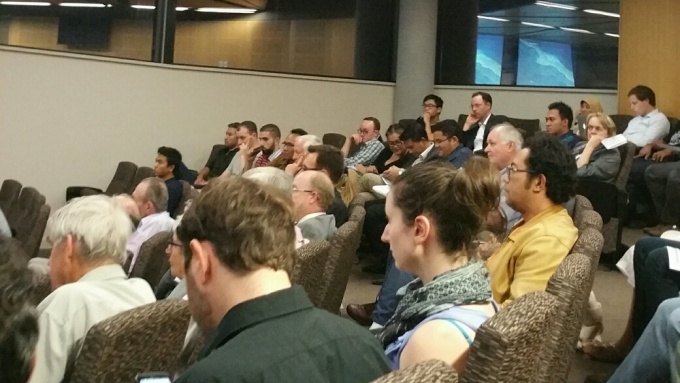15th HW Arndt Lecture - How to do reform in a ‘second-best world’: the case of Indonesia

The word ‘reform’ has become a mantra to solve many economic problems in developing countries. Nevertheless, few reforms are successful. When economists are asked why, they usually blame ‘politics’ or ‘institutional failure’. But many reforms fail because international best practices generally do not take adequate account of developing country political systems and institutions. Reformers understand that institutions need to be changed, but in reality they are often constrained by the dilemma that institutional reform is a long-term process, whereas politicians typically have short time horizons. Economic policymakers do not have the luxury of working in an ‘empty space’. They have to live with political realities. Thus, a key question is how effective reform can be implemented given these institutional and political constraints? This lecture will address this question with reference to Indonesia.
Presenter: Dr M Chatib Basri is one of Indonesia’s leading economists and policymakers. He held two cabinet-level positions in the second Yudhoyono presidency, first as Head of the Investment Board and later as Minister of Finance. He serves on numerous high-level international and domestic boards and committees, and has been Indonesia’s ‘sherpa’ to the G20.
Updated: 18 July 2024/Responsible Officer: Crawford Engagement/Page Contact: CAP Web Team






